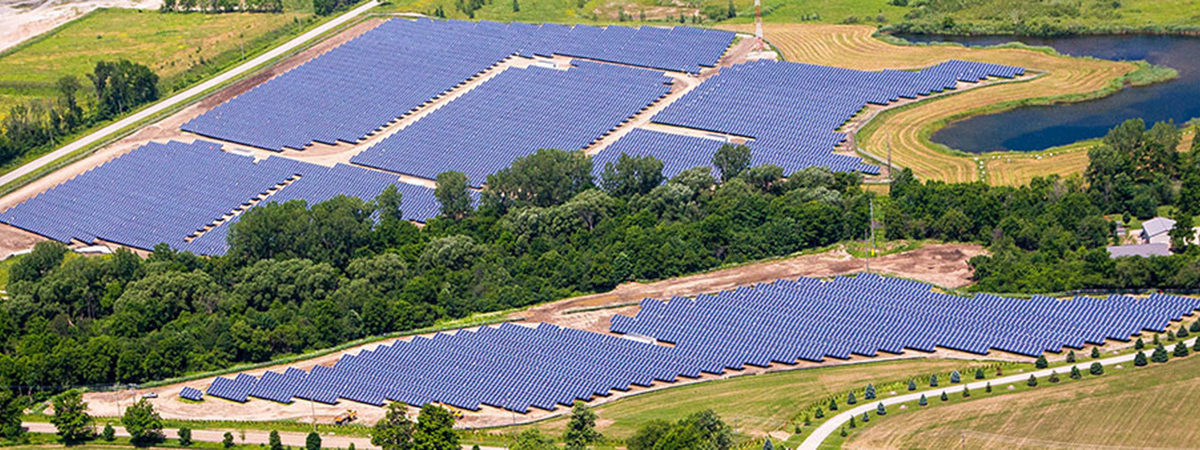The IESO claims that the auction plan — part of a broader series of market-related reforms it is introducing — will reduce household electricity costs by CAD 3.4 billion ($2.5 billion) over the next decade. It aims to hold the first auction in late 2022.
“These auctions will specify how much electricity we need, and introduce a competitive process to determine who can meet that need,” says Peter Gregg, president and CEO of the IESO. “It’s a competition among all eligible resources, and it’s the Ontario consumer who benefits through lower costs and a more flexible system better able to respond to changing demand and supply conditions.”
Over the past 10 years, the IESO has generally secured electricity according to clear guidelines and set targets for resources such as solar PV, backed by 20-year supply contracts. This approach has helped the province to significantly change its generation mix, but has also left it saddled with fixed, long-term contracts that complicate efforts to respond to what the IESO describes as “unexpected changes in the power system” such as falling prices, technological advances and the emergence of new competitors.
“Our planners do their best to forecast electricity demand, but the truth is there’s no such thing as certainty in electricity planning,” says IESO Vice President and COO Leonard Kula. “That’s why flexibility is so important.”
Popular content
The IESO characterizes the auctions as one of several “fundamental changes” it is planning for the provincial electricity market. Under its Market Renewal Program, it aims to intensify its focus on cost-efficiency by redesigning the entire power market and encouraging more competition. “Market renewal focuses on improving how we supply, schedule and price electricity to meet Ontario’s future needs at lowest cost,” it explains.
The news follows a prolonged period of uncertainty for Ontario solar under the province’s conservative premier, Doug Ford. Last June, shortly after Ford took office, he scrapped the province’s solar rebates program, just two months after it had been launched. The $70 million scheme was created to back the deployment of residential and commercial solar-plus-storage solutions under net metering.
Nonetheless, a handful of significant PV-related agreements have been signed in the province in recent months. In December, for example, Sky Solar Canada secured a CAD 2 million investment from the federal government to install 12 solar-powered electric vehicle charging stations at five locations throughout the province. And in November, the Ontario government published its Made-in-Ontario Environment Plan, which the Canadian Solar Industries Association (CanSIA) praised, as “solar energy is a core part of” the initiative.
This content is protected by copyright and may not be reused. If you want to cooperate with us and would like to reuse some of our content, please contact: editors@pv-magazine.com.


1 comment
By submitting this form you agree to pv magazine using your data for the purposes of publishing your comment.
Your personal data will only be disclosed or otherwise transmitted to third parties for the purposes of spam filtering or if this is necessary for technical maintenance of the website. Any other transfer to third parties will not take place unless this is justified on the basis of applicable data protection regulations or if pv magazine is legally obliged to do so.
You may revoke this consent at any time with effect for the future, in which case your personal data will be deleted immediately. Otherwise, your data will be deleted if pv magazine has processed your request or the purpose of data storage is fulfilled.
Further information on data privacy can be found in our Data Protection Policy.